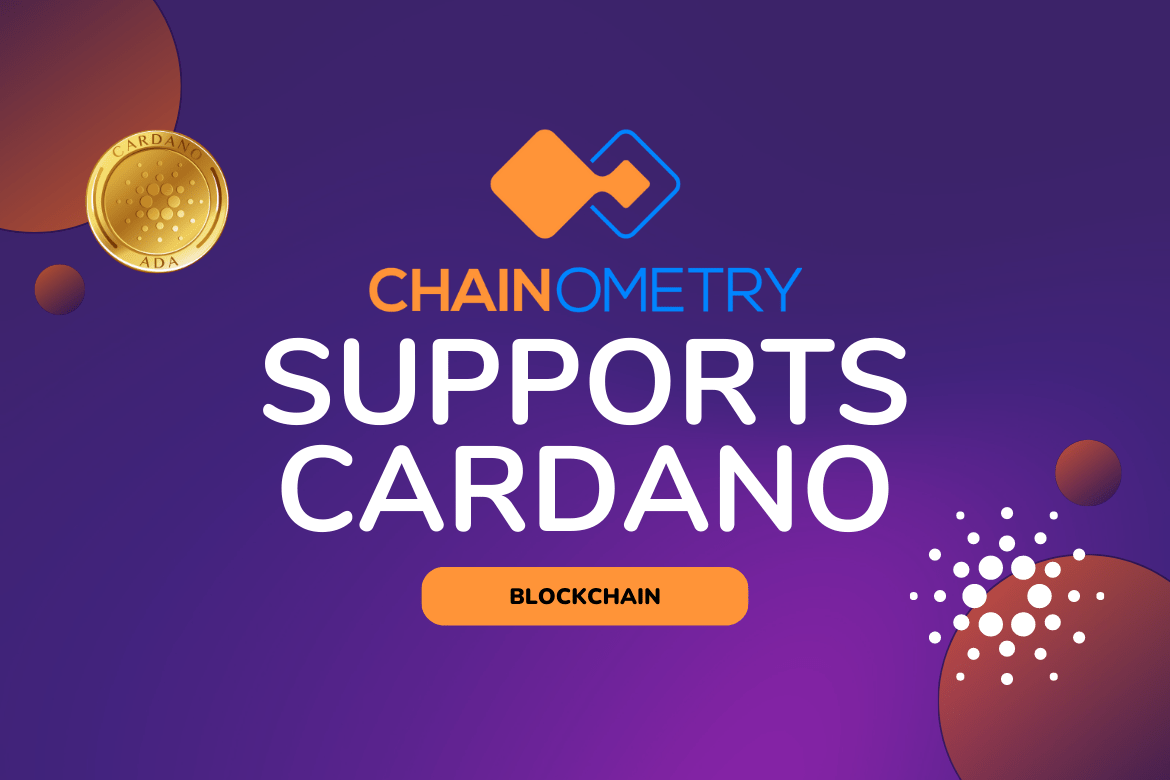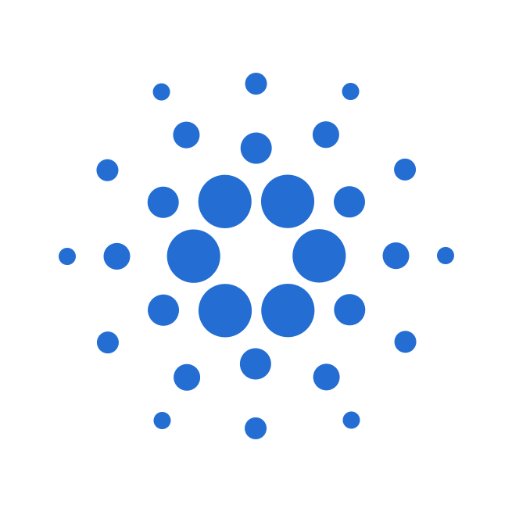
Crypto 101
Earning interest without giving your crypto to anyone
Now this is hard to get your head around. If you earn interest on your savings you need to deposit those savings in a bank account or similar institution. Once you've done that you may be limited in your ability to use those funds while they are busy earning you money (especially if they are in a locked up term deposit). Cardano allows you to earn interest on your coins but it does not require you to hand over your coins. Wait, what? When you earn interest on your Cardano, it is called 'staking'. At the time of writing the interest returned is around 5%. I was introduced to this by accident on a crypto exchange. I saw my balance over time increasing and could not, for the life of me, work out why the exchange was giving me free coins.
So how does it work? Essentially you choose a pool (a Cardano 'miner') to delegate your stake of Cardano. Delegation does not mean that you are sending your funds to that pool, it just means you are giving that pool a higher chance of winning the prize of creating a block on the Cardano blockchain. Such a prize results in Cardano rewards to the miner which then gets distributed to you.
Let's take a step back. For a miner to earn income they have to attach a block to a chain. The block may contain thousands of transactions each with fees so adding a block to the chain is quite rewarding (think Star Trek, The Next Generation - The Game episode). So how does a miner get chosen to win the prize of adding a block?
In the Cardano world, a miner's stake size (the amount of ADA coin contained in the pool along with the amount the owner has put in the pool themselves - their pledge) dictates their chances of winning. Think of it like a lottery system where the more tickets you buy to win the lottery the more chance you have of winning. Each Cardano coin is a lottery ticket. When you delegate your stake to a pool or miner, you can think of it like handing over your lottery tickets to the pool owner to increase their chances of winning thereby sharing those winning returns. Your 'lottery tickets' are not your coins so there is no risk of losing your investment.
That is the way you earn interest, every 5 days, without giving anyone your coins. Absolutely brilliant and game changing.
Cardano is not the only proof of stake blockchain and not the only coin that you can earn risk free interest but...

Cardano is an open framework for anyone to build on
The crypto revolution has introduced some brand new concepts and these are just starting to play out. There's incredible growth potential here.
Non-fungible Tokens (NFTs)
You are unique, one of a kind. If you are a creative type and create say a painting or a piece of music that is also unique. It is also one of a kind. A painting on a canvas is usually verifiable but in the digital world, where a zero is always a zero and a one is always a one, how do you prove your digital masterpiece is yours? And once you prove it's yours how can you transfer it to someone without loosing that connection to you, the original creator?
This isn't a problem if you're an already established musician or artist with resources to establish ownership and copyright but what if you're just starting out, in your basement?
The solution proposed by NFTs is to create a fingerprint of your art work or music and then put it on the blockchain where everybody can verify it. The fingerprint is not just a number attached to your item but it captures the essence of your item by using its digital bits to create a unique signature (expressed as a long series of letters and numbers). That signature directly represents your creative work and can be verified by matching it with the digital bits of the creative work. Now your artwork is connected to you, the creator, and can never be disconnected. Your art is stamped in history in a very unique way. But proof of ownership is not the only benefit, in fact, it isn't even the major benefit.
What if you could sell your art work in the form of a NFT and earn income from it? It's always connected to you but the ownership has changed. And what if each time it is sold over to a new owner you also get a cut from the sale? Much like when a TV show reruns the creators get a cut from its subscription fee. For the first time this is now possible and easy with NFTs. The sky is the limit on what you can do in this space. You will see NFTs not only with creative output like music and artwork but also with photography, baseball and football digital cards pretty much anything that can be created digitally.
Smart Contracts - The blockchain becomes the middleman
We have all been frustrated with the middleman. We all have that sense, at some point, that the middleman or middle entity has positioned itself as the 'glue' that makes things happen that we cannot live without. The bank is an example; it is the middle entity between your new TV and the store. Apple is an example in the way that it governs the app store between the app developers and the app buyers.
Sometimes there is more than one middleman. I want to buy your home but I need a bank to settle the funds and a lawyer to construct the paperwork and make sure that all the legal requirements are satisfied. One mistake in the glue binding process could result in a invalid contract; an absolute catastrophe when dealing with large sums of money like buying and selling a house.
Such a vital role attracts a high price. In complex arrangements like a house settlement we may well be willing to pay for the price of expertise. But in other situations like transferring money across borders we may feel that the middleman is getting far too much of the pie. Apple, for example, takes 30% of revenue from allowing an app developer to sell on their platform. Uber Eats also takes 30% from all orders from restaurants.
The new middleman is the blockchain. It's fast, trustworthy, transparent and probably always cheaper. This middlleman is also programmable. One popular example is facilitating a payment for goods between two parties. When your Amazon order gets delivered, as soon as you sign for it, a program gets executed on the blockchain to take the money out of your account for payment to the seller. Before that your money was held in 'stasis' (no one had access to it for a period of time) until the transaction was completed.
What about the details of what you purchased? What if we didn't have to carry around receipts as proof of purchase when your blender stops blending? The blockchain could store the details of the purchase (date, location, etc), when the warranty expires and it could be linked to the serial number of the item. This would also be a possible way for the police to verify the owner of an item that was claimed stolen.
What about voting systems? Why are we still voting on paper?
Smart contracts is the next phase of evolution in the Cardano road map and these are indeed exciting times for the future of this project. There are also other reasons for supporting Cardano such as the governance model and the peer reviewed mechanism for expanding the core framework. We are proud to support this project and be part of the network of pool operators that secure the network and facilitate its use.
Our Stake Pool (CTL)
The CTL stake pool is now Live and producing blocks and proudly supporting the Cardano decentralised network. Please consider supporting us and delegating your Cardano to our stake pool. As an appreciation for staking with us you will receive heavy discounts on your purchase.